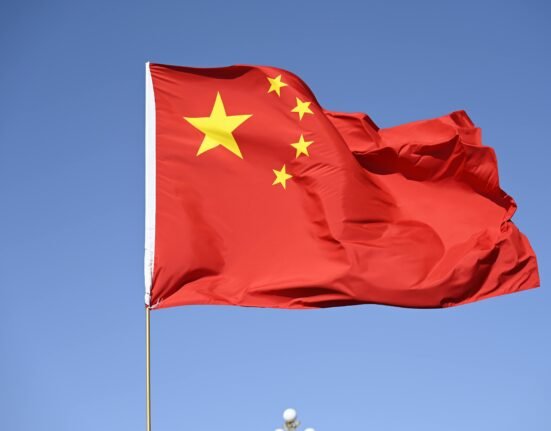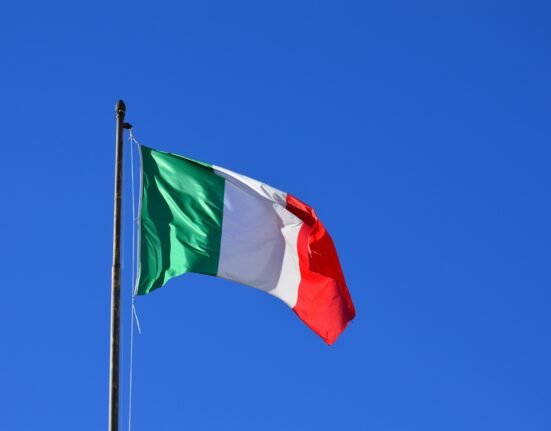Top gambling industry figures from Europe and the US gathered in Berlin on 10 June 2025 for a high-level roundtable aimed at addressing the growing threat posed by illegal gambling markets. The event, hosted at the International Association of Gaming Advisors (IAGA) Conference, was a continuation of efforts sparked by a Memorandum of Understanding (MoU) signed in October 2024 between the American Gaming Association (AGA), the European Casino Association (ECA), and the UK’s Betting and Gaming Council (BGC).
A Unified Industry Front
Chaired by Gambling Anti-Money Laundering Group Chair Keith Bristow, the session featured key figures including AGA President Bill Miller, ECA Chairman Erwin Van Lambaart, and newly appointed BGC CEO Grainne Hurst. Together, they discussed not only the extent of the grey and black markets’ growth but the implications for consumer safety, regulatory frameworks, and national economies.
BGC’s Hurst emphasized the disproportionate harm caused by illegal operators, who she said “don’t pay tax, don’t support sports, and ignore all standards of player protection.” She warned that such operators deliberately prey on vulnerable individuals and threaten the sustainability of regulated businesses.
A Cross-Continental Crisis
Bill Miller of the AGA echoed this concern, calling illegal gambling a “global threat” that siphons funds from compliant operators and undermines the integrity of regulated markets. He praised the roundtable as a crucial milestone in fostering cross-border cooperation:
“Together, we’re sending a clear message: The legal gaming industry stands united with regulators and law enforcement in confronting the illegal market and protecting consumers worldwide.”
ECA Chair Van Lambaart provided a sobering European perspective, stating that illegal gambling had “reached crisis levels across all 27 EU member states.” He called for urgent and coordinated action by regulators, enforcement agencies, and EU institutions to halt further economic damage.
Strengthening Global Enforcement Networks
The roundtable discussion also highlighted the benefits of joint intelligence sharing and training initiatives, which are expected to grow under the MoU’s framework. The collaboration represents a long-needed move toward transatlantic enforcement partnerships, particularly as illegal operators increasingly exploit digital platforms to evade detection.
While enforcement challenges remain, the message from Berlin was clear: international gambling bodies are committed to fighting back, defending the regulated market, and protecting the players who depend on it.






















